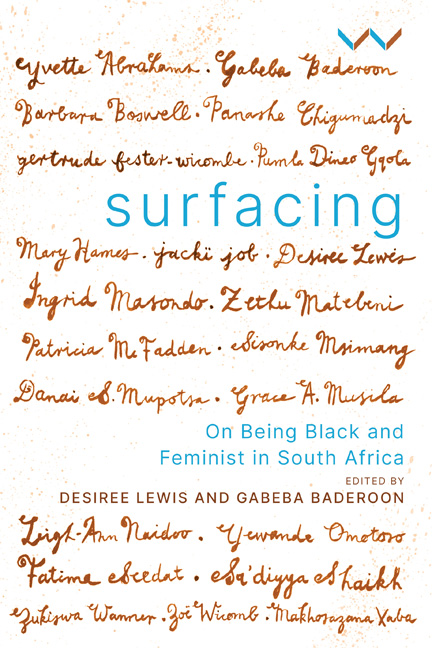Book contents
Chapter 8 - Refining Islamic Feminisms: Gender, Subjectivity and the Divine Feminine
Published online by Cambridge University Press: 15 April 2021
Summary
As a South African born in the late 1960s, my experiences of religion and faith were complicated, contested and nuanced. I grew up nurtured by an enduring current of Islamic spirituality that was foundational to my sense of self. Among my cherished childhood memories are those of sitting on my father's lap, enthralled by stories about Abdul-Qadr Jilani, the eleventh-century Muslim saint active in Baghdad – he was a Sufi whose love and devotion to his spiritually accomplished mother was as celebrated as his transformative encounter in the desert with a group of marauding bandits. My young imagination was captured by this embodiment and model of human virtue whose gentleness, courage, spiritual discernment, devotion, integrity and equanimity inspired a radical internal shift of consciousness even in the most mercenary and violent of criminals.
In another vivid memory, I recall my excitement on the first night of Ramadan, draped in my favourite turquoise scarf, hurrying with my mother to our neighbour's home where a number of women from our neighbourhood gathered to perform tarawih (evening prayers) together, whilst the men went to the nearby mosque. My mum led the salat (prayers) for this women's congregation, and her melodious recitation instilled in me a love for the beauty of Qur’anic recitation and its aesthetic capacity to lift one out of the ordinary into the realms of celestial beauty. The sincerity and faith of this female community of prayer informed both my relationship to the Muslim ritual prayer and my experiences of being a woman. So did my early awareness that the ‘official’ public space of communal worship, the musjid (mosque), was a space owned quite exclusively by men.
Growing up in a South African Indian community in Durban, my encounter with religion became more complicated – sometimes sustaining and uplifting, and at other times confusing and frustrating. Despite moments of intense ambivalence, what endured was that Islam provided for me a way to grapple with questions of human nature and society, personal and public ethics, and the refinement of character and existential purpose. This feeling remained even in times when I was unsure of what constituted an Islamic position on a particular matter, or struggled with competing Muslim perspectives on the same issue.
- Type
- Chapter
- Information
- SurfacingOn Being Black and Feminist in South Africa, pp. 119 - 129Publisher: Wits University PressPrint publication year: 2021



